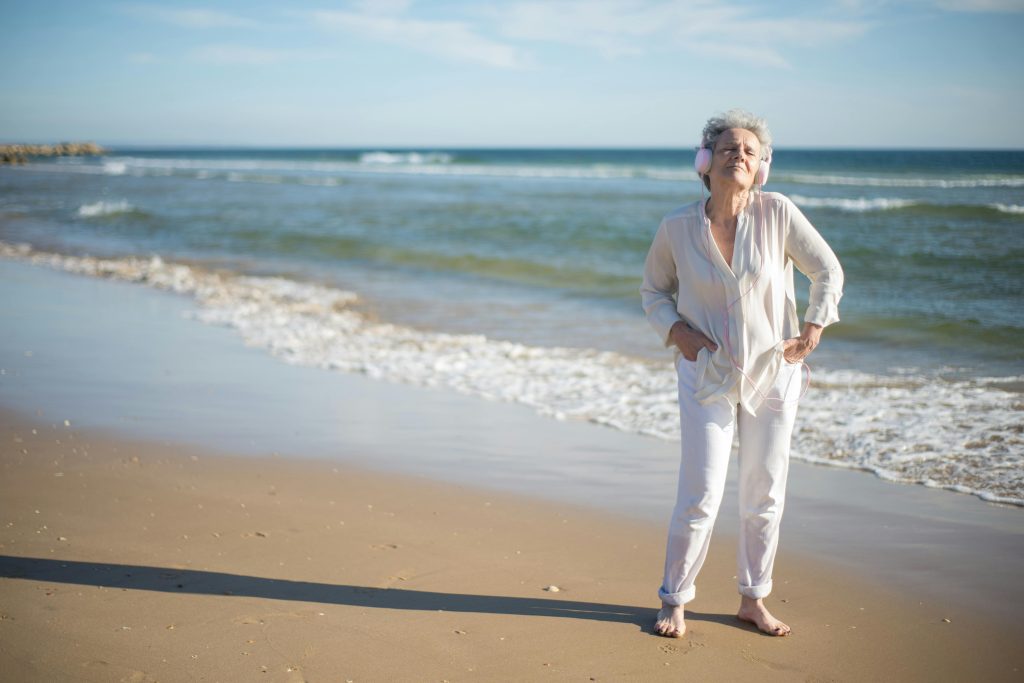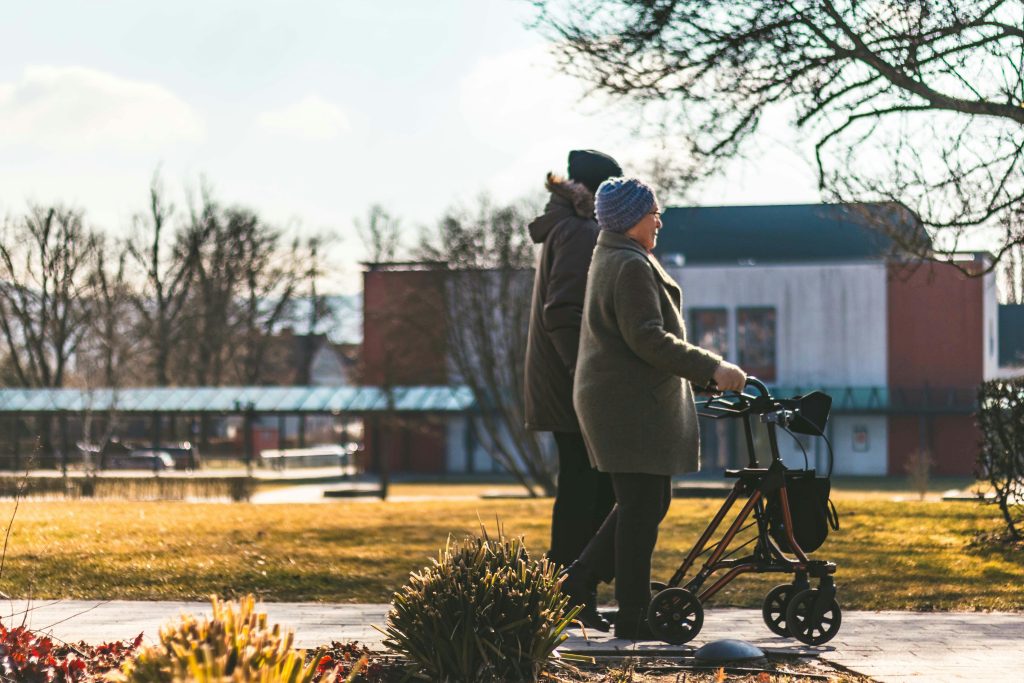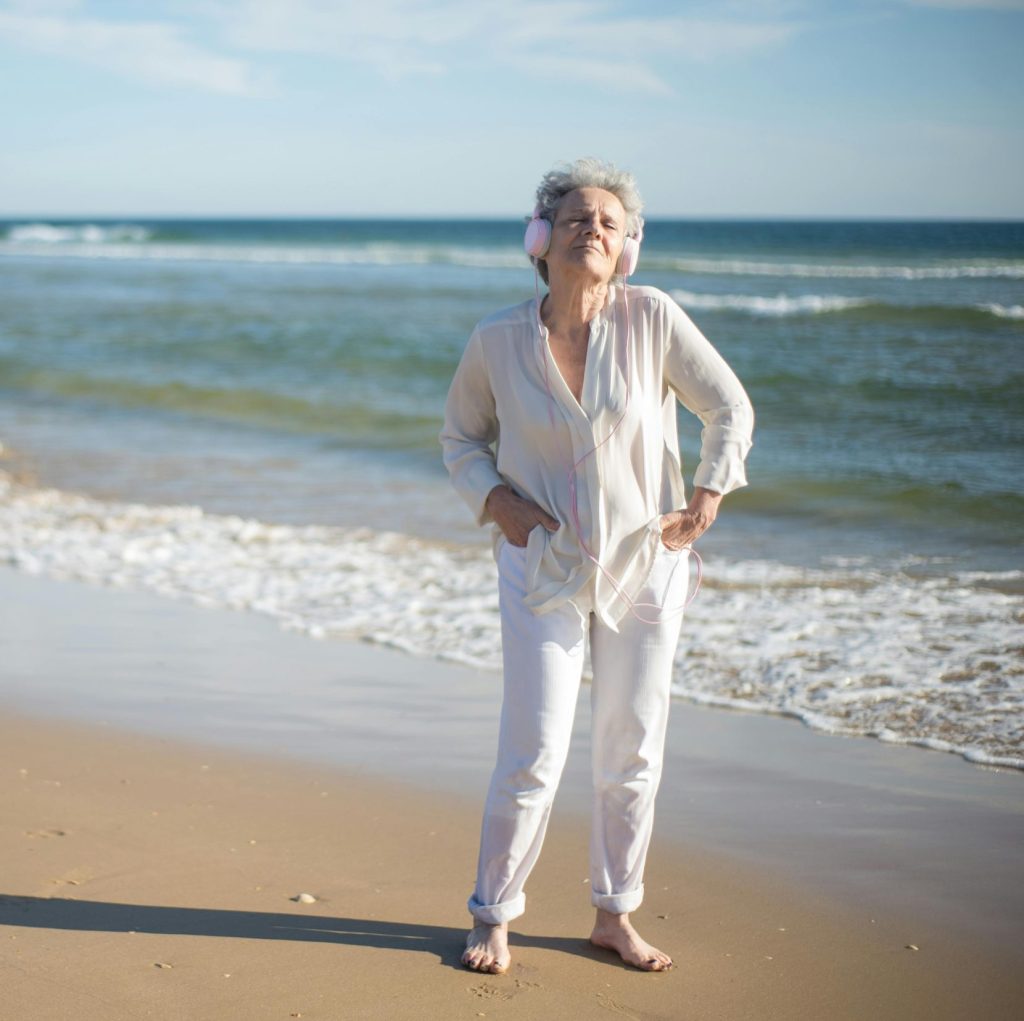Reclaiming Your Health and Weight at Any Stage of Life
The notion that “you’re too old to lose weight” is a pervasive myth, a whisper of resignation that often creeps in as we navigate the later chapters of life. While it’s true that physiological changes occur with aging, impacting metabolism and body composition, it’s far from an insurmountable barrier. In fact, prioritizing healthy weight management becomes even more crucial as we age, influencing everything from mobility and energy levels to chronic disease risk and overall quality of life.
Let’s dismantle this myth and explore the science-backed strategies for achieving sustainable weight loss and improved health, regardless of your age.

Understanding the Aging Body: Physiological Changes and Their Impact
As we age, several factors contribute to weight gain and make weight loss seemingly more challenging:
- Sarcopenia: The Loss of Muscle Mass: Starting in our 30s and accelerating after 50, we naturally lose muscle mass. Muscle is metabolically active tissue, meaning it burns more calories at rest than fat. This loss of muscle leads to a slower basal metabolic rate (BMR), making it easier to gain weight and harder to lose it.
- Hormonal Shifts: In women, menopause brings about significant hormonal changes, particularly a decline in estrogen. This can lead to increased abdominal fat storage. In men, testosterone levels gradually decrease, also contributing to muscle loss and fat gain.
- Reduced Activity Levels: Pain, fatigue, and decreased mobility can make it harder to maintain an active lifestyle, further exacerbating muscle loss and slowing metabolism.
- Changes in Appetite Regulation: Hormonal fluctuations and changes in gut bacteria can affect appetite and satiety signals, making it harder to control food intake.
- Chronic Conditions and Medications: Certain medical conditions and medications can contribute to weight gain or make weight loss more difficult.

Dispelling the Myth: Why Weight Loss is Still Possible and Beneficial
Despite these challenges, weight loss is absolutely achievable and highly beneficial for older adults. Here’s why:
- Improved Mobility and Function: Losing even a small amount of weight can significantly reduce stress on joints, improve balance, and increase mobility, allowing for a more active and independent lifestyle.
- Reduced Risk of Chronic Diseases: Weight loss can lower the risk of developing or managing chronic conditions like type 2 diabetes, heart disease, osteoarthritis, and certain cancers.
- Enhanced Energy Levels and Mood: Shedding excess weight can boost energy levels, improve sleep quality, and enhance mood, leading to a greater sense of well-being.
- Improved Cognitive Function: Studies suggest that weight loss can positively impact cognitive function and reduce the risk of cognitive decline.
- Increased Longevity: Maintaining a healthy weight is associated with a longer lifespan and a reduced risk of premature death.

Strategies for Sustainable Weight Loss in Older Adults: A Holistic Approach
Achieving sustainable weight loss at any age requires a holistic approach that addresses both diet and exercise, while considering individual needs and limitations.
1. Prioritize Protein Intake:
- Protein is crucial for preserving muscle mass during weight loss. Aim for a protein intake of 1.0-1.2 grams per kilogram of body weight, or even higher in some cases, as directed by a doctor or dietitian.
- Include lean protein sources like chicken, fish, beans, lentils, and Greek yogurt in every meal.
2. Focus on Nutrient-Dense Foods:
- Prioritize whole, unprocessed foods like fruits, vegetables, whole grains, and lean proteins.
- These foods provide essential nutrients and fiber, which promote satiety and support overall health.
- Limit processed foods, sugary drinks, and excessive intake of saturated and unhealthy fats.
3. Embrace Strength Training:
- Strength training is essential for combating sarcopenia and boosting metabolism.
- Aim for at least two sessions per week, focusing on exercises that target major muscle groups.
- Consult with a physical therapist or certified personal trainer to develop a safe and effective exercise program.
4. Incorporate Cardiovascular Exercise:
- Cardiovascular exercise improves heart health, burns calories, and enhances overall fitness.
- Choose activities you enjoy, such as walking, swimming, cycling, or water aerobics.
- Start slowly and gradually increase the intensity and duration of your workouts.
5. Manage Chronic Conditions and Medications:
- Work closely with your doctor to manage any chronic conditions and ensure that your medications are not hindering your weight loss efforts.
- Discuss potential medication adjustments or alternative treatments if necessary.
6. Prioritize Sleep and Stress Management:
- Adequate sleep and stress management are crucial for weight loss and overall health.
- Aim for 7-8 hours of quality sleep per night and practice stress-reducing techniques like meditation, yoga, or deep breathing exercises.
7. Seek Professional Guidance:
- Consult with a registered dietitian or certified diabetes educator to develop a personalized meal plan that meets your specific needs and preferences.
- A physical therapist or certified personal trainer can help you create a safe and effective exercise program.
- A geriatric doctor can help you with medication management and overall health concerns related to aging.
8. Be Patient and Persistent:
- Weight loss can be slower in older adults, so it’s essential to be patient and persistent.
- Focus on making sustainable lifestyle changes rather than quick fixes.
- Celebrate small victories and don’t get discouraged by occasional setbacks.

Addressing Common Concerns:
- “I have joint pain, so exercise is difficult.” Low-impact exercises like swimming, water aerobics, and chair yoga can be excellent options. Consult with a physical therapist to develop a tailored exercise plan.
- “I have trouble cooking healthy meals.” Consider meal delivery services that offer healthy, pre-prepared meals. Explore easy, one-pot recipes and utilize frozen vegetables for convenience.
- “I’m afraid of falling.” Work with a physical therapist to improve balance and coordination. Use assistive devices like canes or walkers if needed.
Conclusion: Embracing a Healthier Future
Age is not a barrier to achieving a healthier weight and improved quality of life. By adopting a holistic approach that prioritizes protein intake, nutrient-dense foods, strength training, cardiovascular exercise, and stress management, older adults can successfully lose weight and reap the numerous benefits of a healthier lifestyle.
Remember, it’s never too late to prioritize your health and well-being. Embrace the journey with patience, persistence, and a positive mindset, and you’ll discover that age is truly just a number.



